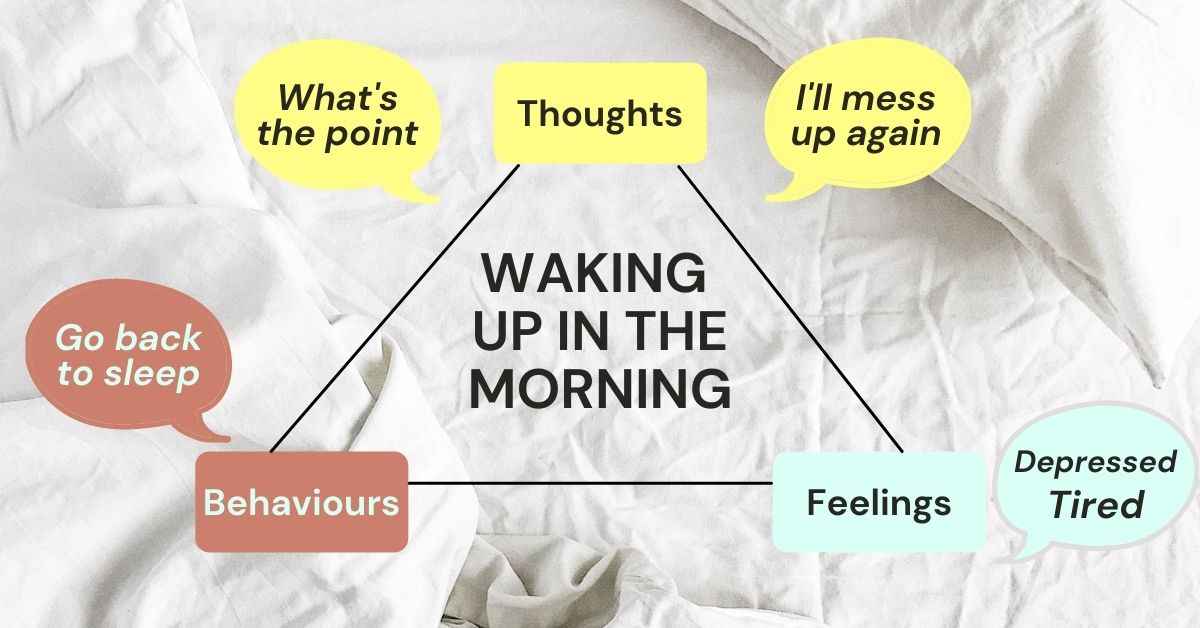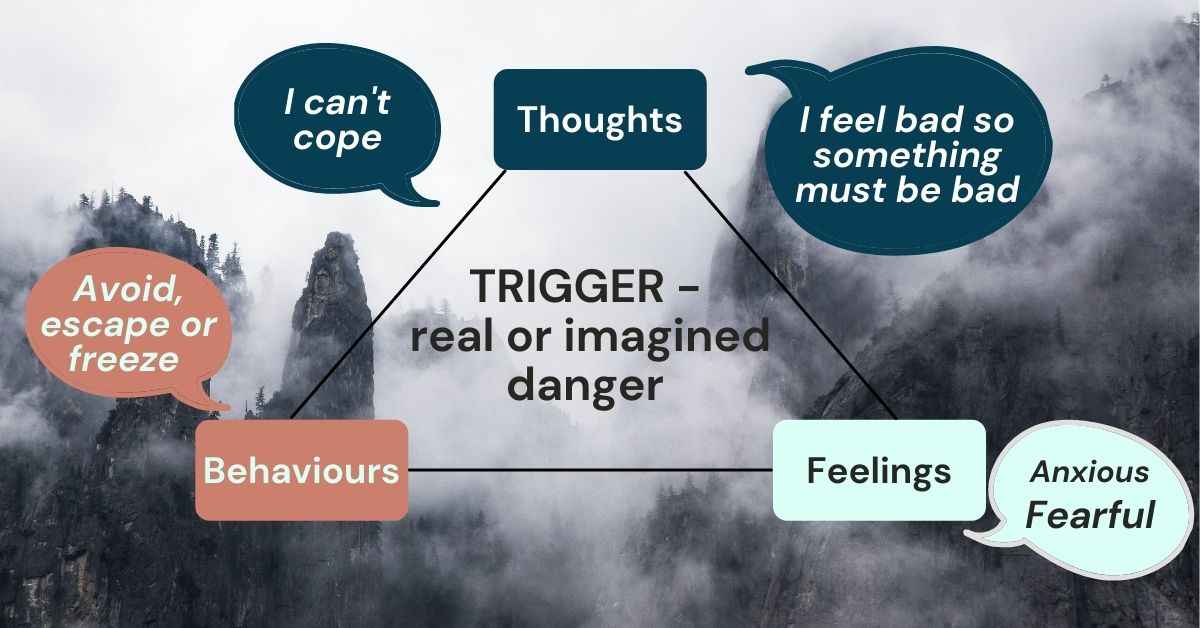Reviewed By Pamela Kirkpatrick - Senior Accredited NCS & Registered Member MBACP Adv. Dip.
CBT - What is it?
15 November 2021
Cognitive Behavioural Therapy (CBT) is a form of psychotherapy that looks at how you think about yourself, the world and other people by looking at how your actions affect your thoughts and feelings.
Cognitive Behavioural Therapy (CBT) is a form of psychotherapy that looks at how you think about yourself, the world and other people by looking at how your actions affect your thoughts and feelings. CBT can help you to change how you think and what you do, so you can help yourself for the long-term. Unlike other types of talking therapy where you explore your past and your emotional connections to previous experiences, CBT is purely about the now. It looks at all the ways you can improve your mental and emotional being by focusing on how you act and what you feel right now.
CBT can be described as a therapeutic approach that looks at how we interpret experiences in the ways that we react or interpret them.

For example…
If you walk past someone you know in the street and they don’t acknowledge you, you can react in several ways.
One: you might think they don’t like you and tell yourself no-one likes you, which leads to a low-mood.
Two: you worry in case they think you ignored them, which makes you feel anxious that they’re judging you for being rude.
Three: they didn’t see you and that’s fine. The latter being the healthier response.

CBT looks at how vicious cycles of behaviour can spiral into negative thinking and emotions that quickly feel out of control. When you have oversight of how the pattern plays out, it becomes easier to interject and break the cycle by changing the behaviour that goes along with it.
A CBT session will set out to look at recent experiences that have made you feel distressed, fearful, anxious, upset, depressed, angry, etc. It will explore the situation and what happened, including where you were, who you were with and what the emotions felt like. Journeying through the experience to how you reacted in the moment or in the time afterwards will help you notice the thought patterns and behaviours that contribute to the “vicious cycle” and will help you make effective changes.
You can do CBT self-guided or with a professional CBT therapist. Explore our Find Help Near Me section to locate a CBT practitioner near you.
Get Inspired Further
Lets talk about Emotions
Do you struggle to understand how you feel? Maybe you feel numb, or angry all the time? Discover practical tips to better understand and articulate your feelings.
Boundaries How to set them with confidence
10 questions you can ask yourself in order to feel prepared and confident when setting boundaries.
understanding suicidal thoughts
If you or someone you know is feeling suicidal, you might be scared, overwhelmed or confused. But you’re not alone.



